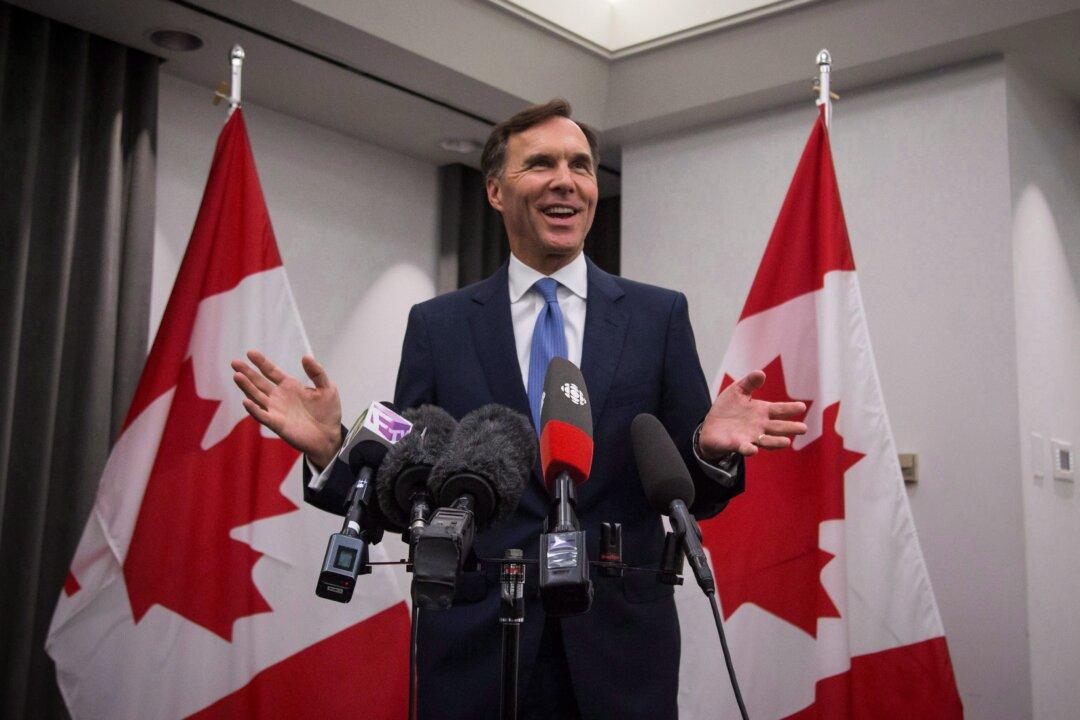Summer vacations are over and tech entrepreneurs along with the small business community are up in arms over the government’s proposed tax changes that they say threaten Canada’s economic prosperity.
Tech entrepreneurs have been praising the government’s efforts to support innovation, but proposals to crack down on perceived tax loopholes and abuse of private corporations are creating a firestorm.





